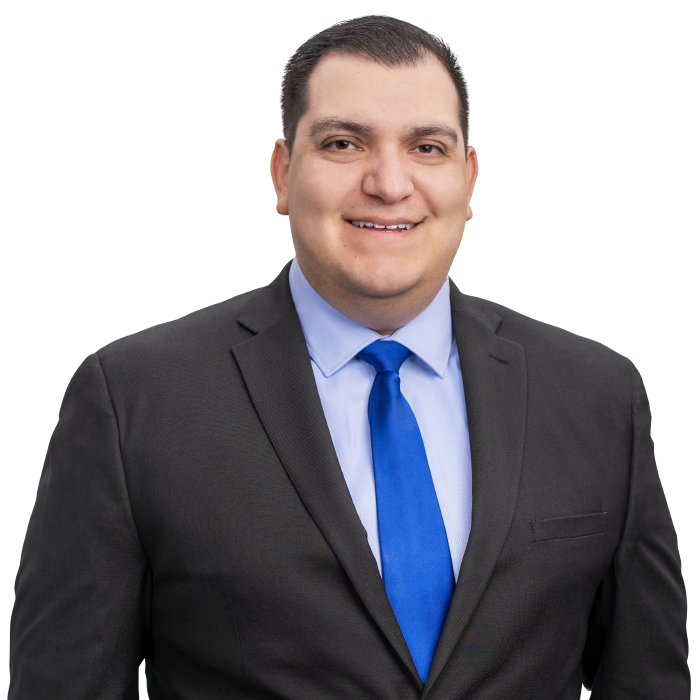
AB 992: Open Meeting Laws and Social Media
New California Law Addresses Prohibition on Serial Meetings on Social Media
California public officials could run afoul of the Brown Act if they communicate with legislative members of the same body on social media under the recently enacted Assembly Bill 992. Now, even giving a “thumbs up” to another official’s social media post on a topic within the legislative body’s subject matter jurisdiction could violate the law. AB 992, signed by Gov. Gavin Newsom late Friday, is the first amendment to the Brown Act to address public officials’ use of social media.
The Brown Act generally requires that a legislative body’s meetings be open and public, including advance notice, posting of the agenda and accessibility by the public. The Act prohibits a majority of members of a legislative body from engaging in a “series of communications,” directly or through intermediaries, to “discuss, deliberate, or take action on an item” that is within the legislative body’s subject matter jurisdiction.
AB 992, which amends Government Code section 54952.2, clarifies what kind of communications a public official may have via social media and what kind of communications are prohibited.
First, AB 992 clarifies that a public official may communicate on social media platforms to answer questions, provide information to the public or to solicit information from the public regarding a matter within the legislative body’s subject matter jurisdiction. However, the latter types of communications are only allowed as long as a majority of the members of the legislative body do not use any social media platform to “discuss among themselves” official business. According to AB 992, “discuss among themselves” includes making posts, commenting and even using digital icons that express reactions to communications (i.e., emojis) made by other members of the legislative body.
Second, a single contact between one public official and another normally would not constitute a prohibited serial meeting. However, AB 992’s social media prohibitions go further. It prohibits a member of a legislative body from responding “directly to any communication on an Internet-based social media platform regarding a matter that is within the subject matter jurisdiction of the legislative body that is made, posted, or shared by any other member of the legislative body.” Now, if one public official posted a comment in response to another public official’s social media post about an agency issue, that could be a Brown Act violation, assuming the two serve on the same legislative body.
The bill applies to Internet-based social media platforms that are open and accessible to the public. According to the bill, “open and accessible to the public” means “that members of the general public have the ability to access and participate, free of charge, in the social media platform without the approval by the social media platform or a person or entity other than the social media platform, including any forum and chatroom, and cannot be blocked from doing so, except when the Internet-based social media platform determines that an individual violated its protocols or rules.”
AB 992 encompasses activity on many types of social media platforms, including, but not limited to, Snapchat, Instagram, Facebook, Twitter, blogs, TikTok and Reddit. That means it could affect social media commenting, retweeting, liking, disliking, responding with positive or negative emojis and/or screenshotting (photographing) and reposting.
Unanswered Questions and Practical Considerations
Though AB 992 relates directly to the Brown Act, it indirectly touches on other transparency laws. For example, if a public official’s social media comments could lead to Brown Act violations, does that mean that the officials’ posts and comments are now subject to the California Public Records Act and potential disclosure? Do agencies need to retain public officials’ social media posts, particularly to demonstrate whether a Brown Act violation occurred?
The bill may also indirectly affect due process concerns. AB 992 allows public officials to provide information to the public on social media. If the information that’s posted is how a public official intends to vote on a development project, for example, could an applicant raise a claim that the applicant was denied a fair hearing?
Finally, as more public officials use social media to communicate with constituents and the general public, questions have arisen whether these places have become “public forums.” AB 992, which sanctions certain uses of social media, could amplify this issue.
Disclaimer: BB&K Legal Alerts are not intended as legal advice. Additional facts, facts specific to your situation or future developments may affect subjects contained herein. Seek the advice of an attorney before acting or relying upon any information herein.




